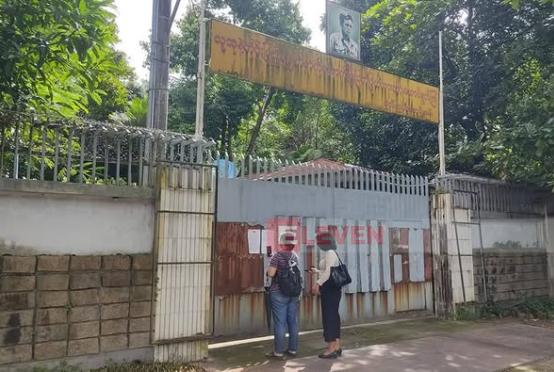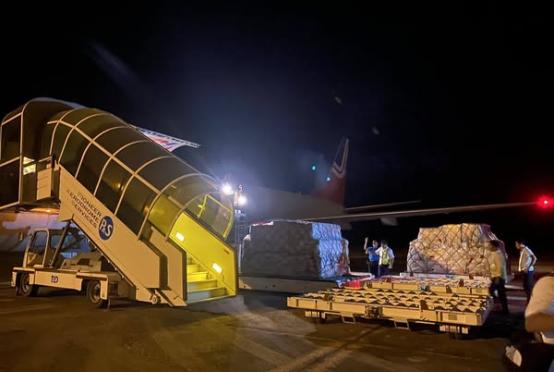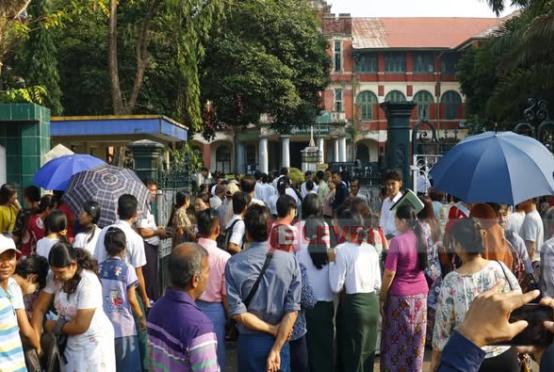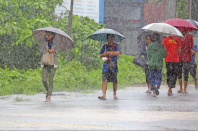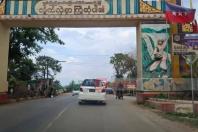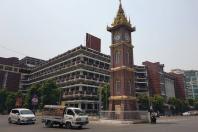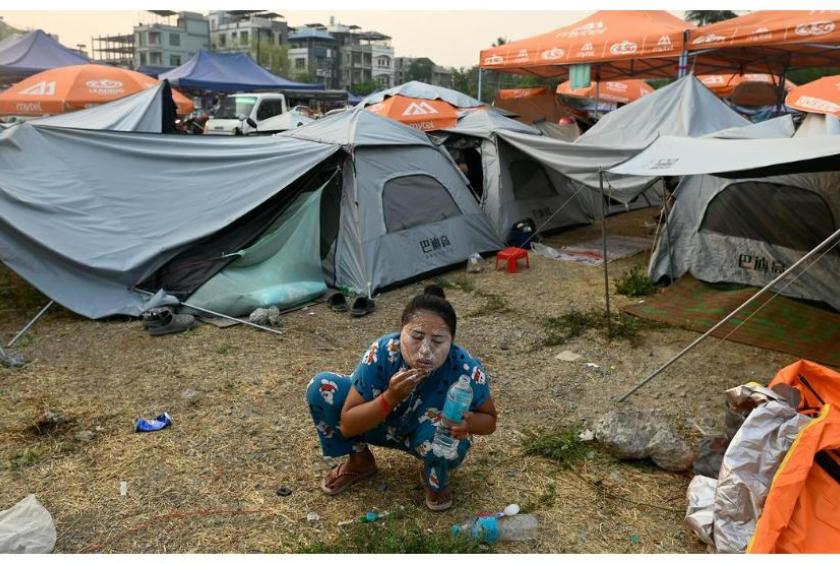
More than 4.3 million people in Myanmar are now in urgent need of clean water and sanitation assistance following the recent earthquake, according to the United Nations Office for the Coordination of Humanitarian Affairs (UNOCHA) in Myanmar.
This marks a significant increase from the pre-earthquake figure of around 1.1 million people in need, UNOCHA stated.
The earthquake caused widespread damage to water supply systems and the collapse of over 42,000 toilets, while frequent power outages have further complicated water distribution efforts.
Humanitarian partners are aiming to provide clean water, emergency sanitation facilities, and hygiene assistance to one million vulnerable individuals before the situation deteriorates further.
UNOCHA emphasized that emergency shelter, cash aid, safe drinking water, maternal support, food, and healthcare remain immediate priorities for affected communities. Rapid restoration of livelihoods, education, and basic infrastructure is also considered critical, as outlined in the third situation report on Myanmar’s earthquake response.
The twin earthquakes that struck Myanmar on March 28 have left the most impacted communities still lacking access to secure shelter, clean water, stable electricity, and essential services even three weeks after the disaster, UNOCHA reported.
Reconstruction of homes and recovery efforts have been hampered by continuing aftershocks. More than 40,000 houses were damaged or destroyed by the initial quake, and many families are still sleeping outdoors, afraid to return to their homes.
The number of people in need of shelter and basic household items has now risen to between 1 million and 5.2 million, UNOCHA noted.
As of April 20, Myanmar’s National Disaster Management Committee reported 3,735 deaths, 5,108 injuries, and 120 people still missing as a result of the earthquake.



